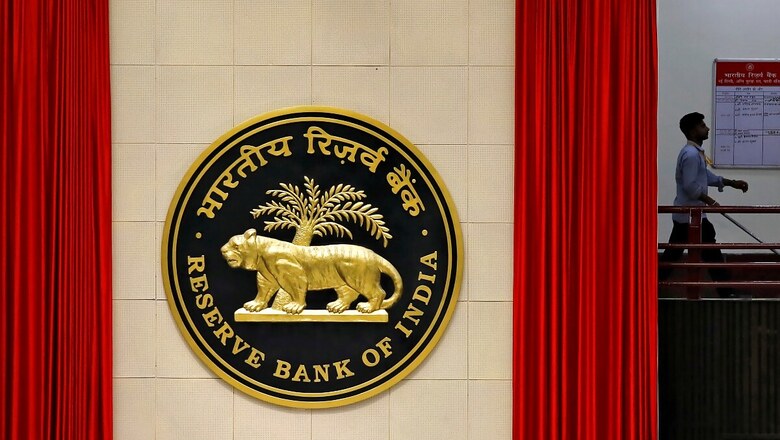
views
The average lag between dates of occurence of frauds and their detection by banks and financial institutions was two years in 2019-20 and the average lag is much higher in the case of frauds of over Rs 100 crore, the Reserve Bank said in its annual report on Tuesday. As per the report, the total cases of frauds, involving Rs 1 lakh and above, reported by banks/ FIs (Financial Institutions) increased by 28 per cent by volume and 159 per cent by value during 2019-20. However, dates of occurrence of these frauds are spread over several previous years.
Presenting data on frauds involving Rs 1 lakh and above, RBI said a total of 8,707 frauds were detected during 2019-20 involving an amount of Rs 1,85,644 crore. This compares with 6,799 cases involving Rs 71,543 crore in the previous year. During April-June 2020, as many as 1,558 fraud cases came to light involving Rs 28,843 crore.
"While the frauds framework focuses on prevention, early detection and prompt reporting, the average lag in detection of frauds remains long. The average lag between the date of occurrence of frauds and their detection by banks/ FIs was 24 months during 2019-20," the 2019-20 annual report said. In large frauds, those involving Rs 100 crore and above, the average lag was 63 months and the dates of occurrence of these frauds are spread over several previous years, RBI noted.
Frauds have been predominantly occurring in the loan portfolio (advances category), both in terms of number and value. There was a concentration of large value frauds, with the top fifty credit-related frauds constituting 76 per cent of the total amount reported as frauds during 2019-20, the report said. According to the report, weak implementation of Early Warning Signals (EWS) by banks, non-detection of EWS during internal audits, non-cooperation of borrowers during forensic audits, inconclusive audit reports and lack of decision making in joint lenders' meetings account for delay in detection of frauds.
"The EWS mechanism is getting revamped alongside strengthening of the concurrent audit function, with timely and conclusive forensic audits of borrower accounts under scrutiny," RBI said. Further, the report said the Advisory Board for Banking Frauds (ABBF) was created in consultation with the Central Vigilance Commission which functions as the first level of examination of all large value fraud cases before recommendations/ references are made to the investigating agencies by public sector banks.
The jurisdiction of ABBF would be confined to those cases involving the level of General Manager (GM) of banks and above, RBI said.
.

















Comments
0 comment